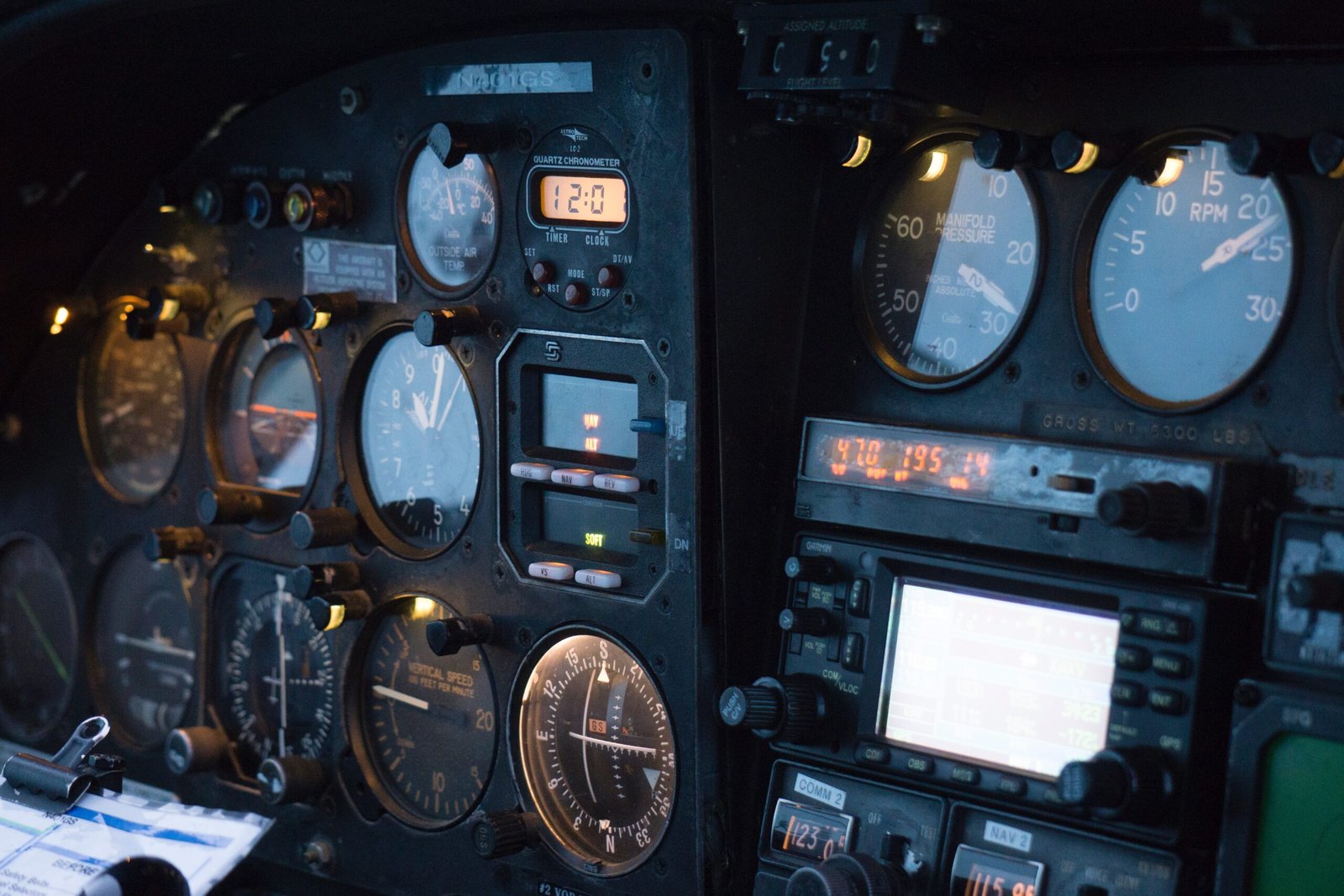The Importance of Cockpit Voice Recorders for Aviation Safety
January 9, 2024 | by webrampage.com

In a recent interview with CNN’s “Anderson Cooper 360,” National Transportation Safety Board (NTSB) Chair Jennifer Homendy shed light on the significance of cockpit voice recorders in aviation investigations. The conversation revolved around a recent incident where a fuselage plug blew out of a plane mid-flight, and the subsequent recovery of the plug provided crucial information to investigators.
According to Homendy, the recovered fuselage plug has “quite a lot” to reveal and is considered the missing piece in the investigation. However, she expressed disappointment regarding the cockpit voice recorder, which had been completely overwritten. Currently, these devices are only required to retain two hours of audio at a time, and the maintenance team went out to retrieve the recorder around the two-hour mark when the recording cycle begins anew.
Homendy emphasized the critical role that audio captured by cockpit voice recorders plays in understanding incidents. The recorders capture engine noises, pilots’ voices, and crucial communication between pilots and flight attendants during crises. Without this audio, there is a significant loss for the NTSB, the Federal Aviation Administration (FAA), and aviation safety as a whole.
While the FAA has proposed a new rule to extend cockpit voice recordings to 25 hours for new aircraft, Homendy highlighted the fact that older aircraft would not be required to be retrofitted. She called on the FAA and Congress to mandate 25-hour recordings for all aircraft, stressing the importance of this measure for safety.
The need for extended cockpit voice recordings is paramount in aviation investigations. Communication between pilots and flight attendants during emergencies provides valuable insights into the decision-making process and the actions taken to mitigate risks. By analyzing these recordings, investigators can identify potential issues and implement measures to enhance aviation safety.
It is essential to recognize that incidents and accidents in aviation serve as learning opportunities. The knowledge gained from thorough investigations helps shape regulations, procedures, and training programs to prevent similar occurrences in the future. The data collected from cockpit voice recorders is a vital component of this learning process.
While the recovery of the fuselage plug in the recent incident brought significant progress to the investigation, the loss of the cockpit voice recorder’s audio is a setback. It highlights the need for updated regulations that require extended recording times for all aircraft, regardless of their age. By doing so, we can ensure that crucial information is preserved, enabling investigators to conduct thorough analyses and make informed recommendations to enhance aviation safety.
The NTSB, FAA, and Congress must collaborate to prioritize the implementation of extended cockpit voice recordings. This measure will not only benefit ongoing investigations but also contribute to the continuous improvement of aviation safety. It is imperative that we seize every opportunity to enhance safety standards and prevent future incidents.
In conclusion, the recent incident and subsequent interview with NTSB Chair Jennifer Homendy underscore the importance of cockpit voice recorders in aviation safety. The recovery of the fuselage plug provided valuable information, while the loss of audio from the cockpit voice recorder highlights the need for updated regulations. By requiring extended recording times for all aircraft, we can ensure that vital communication is preserved, enabling thorough investigations and the improvement of aviation safety.